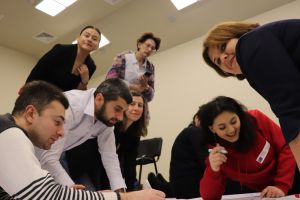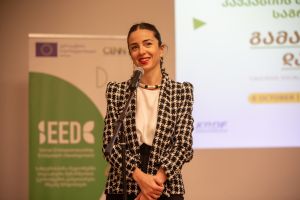
Making eco-plates from wheat bran and straw: how EU4Youth helps to promote green and social entrepreneurship
This is a story about how a young man, living in a remote village in Armenia and concerned about the environment, established a business producing eco-plates from grain husks and stalks, with the support of the European Union’s EU4Youth programme.
Thirty-year-old Tigran Tchyughuryan was born and raised in Artsvaberd (a village in Tavush Province, in the northeast of Armenia). Tigran’s parents are teachers by profession, but they have always been engaged in agriculture to provide fresh food to their children. In addition to providing them with natural products, the Tchyughuryans also paid special attention to eco education: “Love and care for nature is a lifestyle in our family,” Tigran explains. Growing up in such an environment made the sons concerned about what to do with the dried stalks of wheat after the harvest every year; they didn’t want to burn them, damaging the soil and polluting nature.
In 2020, when they had stored the wheat, it was time to clean the remains of the fields. Tigran’s middle brother, Aram, who is always looking for solutions to environmental problems proposed an interesting idea to his brothers: to give a second life to the straw and make eco-plates.

“We grind the rest of the dry wheat, then with the help of a hydraulic press, under high pressure and temperatures, get environmentally friendly, disposable eco-plates from special moulds,” Tigran explains.
How EU4Youth helps social entrepreneurs
In the spring of 2020, the Green Lane NGO, with the support of the European Union, announced a grant competition for social innovations in the Caucasus as part of the EU4Youth: Social Entrepreneurship Ecosystem Development (SEED) for Green Growth project.
The project is implemented by CENN in partnership with the Kakheti Regional Development Foundation (KRDF) in Georgia and the Green Lane NGO in Armenia. Its objective is to discover and develop the entrepreneurial potential of young people in the South Caucasus region through social entrepreneurship and green innovation.
The aim of the Green Lane NGO is the development of sustainable agriculture and rural settlements of Armenia. Its mission is to help farmers improve agricultural production and make it sustainable by providing the customer with healthy and safe food.
Tigran learned about the EU4Youth SEED project from its Facebook page and decided to apply with his brothers. The programme’s professional team promoting green projects immediately approved their idea and invited Tigran to participate in the GREENcubator acceleration programme. As a result of the two-week course, he was granted the opportunity to work on a business plan for his idea and to submit it for final evaluation and financing.
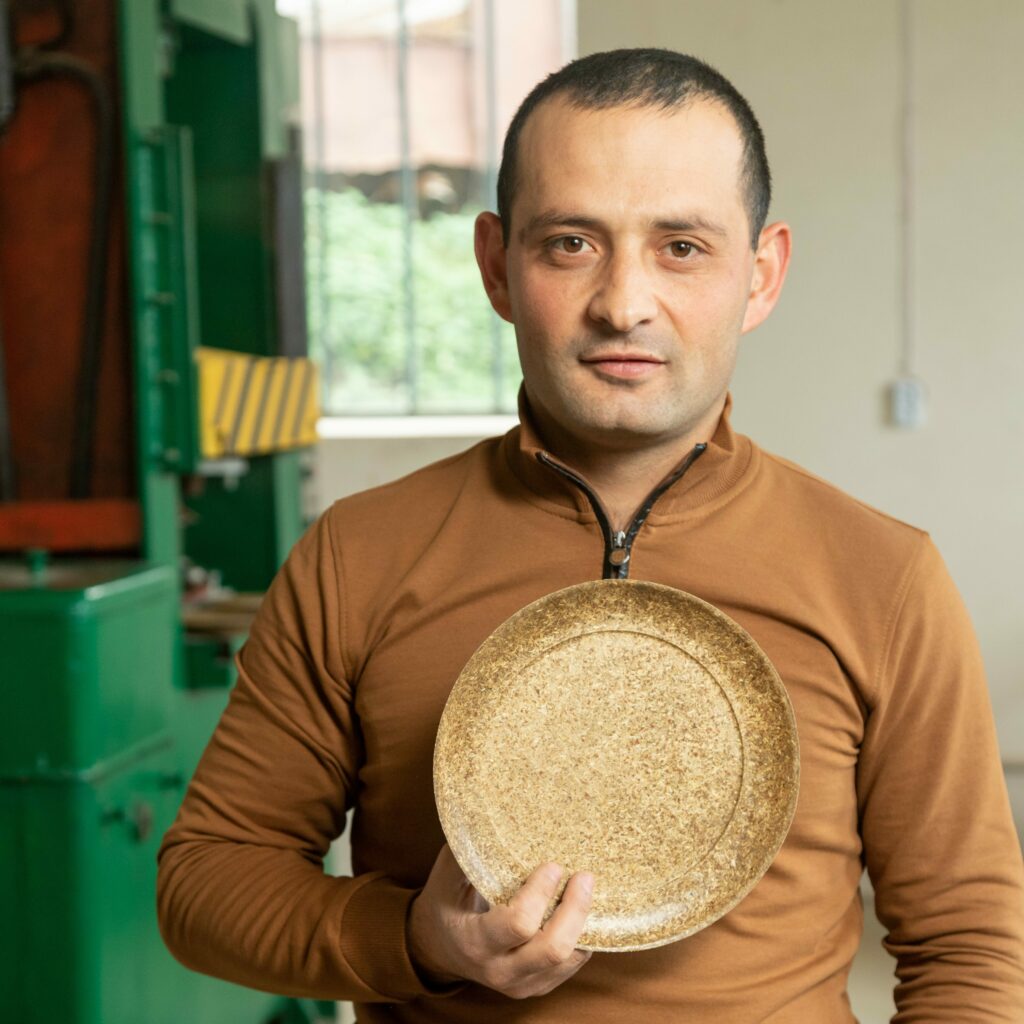
“Apart from the financial assistance, the professional support of the project was tangible as well. The business-related knowledge and networking gained from the courses continue to help develop our social enterprise even now,” says Tigran.
At the next stage, the programme’s evaluation committee unanimously and without hesitation recognised the Tchyughuryan brothers’ idea as one of the winners, providing them with AMD 4.6 million to turn the idea into a business. The programme’s support did not end there: Tigran also learned how to develop a marketing strategy, create a brand and establish a social enterprise.
With the financing in place to develop this incredible idea, the young entrepreneur returned to his native Artsvaberd, studied the production process and technology behind eco-plates in more detail, repaired the building adjacent to his house, acquired equipment and opened a workshop.
Early attempts were both encouraging and discouraging, but by trial and error and by improving the technology, one day the dried, brittle wheat became a rigid eco-plate.
Tigran recalls the moment when they finally got it right: “After dozens of attempts, when we managed to make the first eco-plate, my brother started to hug me, not letting me go, and joking ‘This is our first product, our child!’”
The surprise and delight of those around them was motivating for the brothers. Excited by their success, after presenting their first products to their friends and relatives, they decided to bring them to exhibitions and markets. They soon received their first bulk order.

“One man came up and wondered what the plates were made of,” Tigran recalls. “After we presented the project, he asked us for 100 plates, and we said that, after our other sales, we didn’t have enough stock left. But we told him that it would be ready in a few hours and returned home to quickly make them. When I brought him the order, I asked the man why he had bought so many, and he said that he lived abroad, so wanted to take them and give them as gifts to his friends, so they could learn about these plates made by his compatriots.”
In order to emphasise the green concept in the product, the company was named GreenDish. This innovative enterprise created in a remote region of Armenia is increasingly gaining recognition and expanding its production, processing not only their own wheat but also the remains of the fields of their fellow villagers.
“From the beginning, we decided to create a company which would spread green ideas; this is our vision,” says Tigran, explaining that production is based on the model of the circular economy, with the traditional ‘raw material – product – waste’ chain replaced by a ‘raw material – product – raw material’ chain. In other words, the used eco plates can become fodder, create added value for agriculture and, moreover, fertilise the soil.
“We produce fully biodegradable ecological dishes which replace plastic and do not harm nature,” Tigran adds proudly.
Seeing people keep the eco-plates on display in a corner of their house, Tigran came up with a new idea: to illustrate them and present them as souvenirs. Tigran’s niece, an artist, came to help, illustrating the plates with pomegranates (an Armenian symbol) and other ornaments.
After the great success of the first models, they received offers from art students from neighbouring villages: they would illustrate the plates and present them as works of art at exhibitions. This offer was probably the most exciting one for the Tchyughuryans, as their activities were stirring interest among the local children; they have always provided free eco plates to schoolchildren.
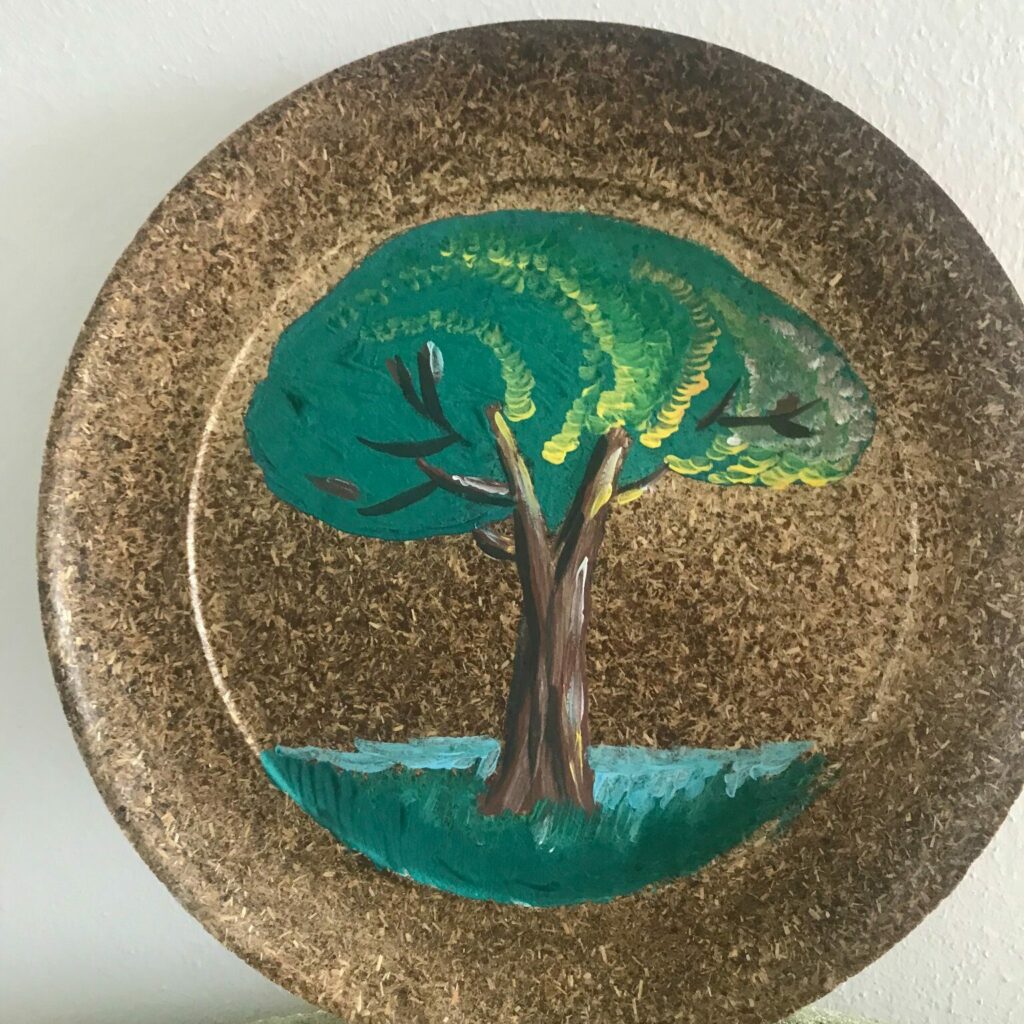
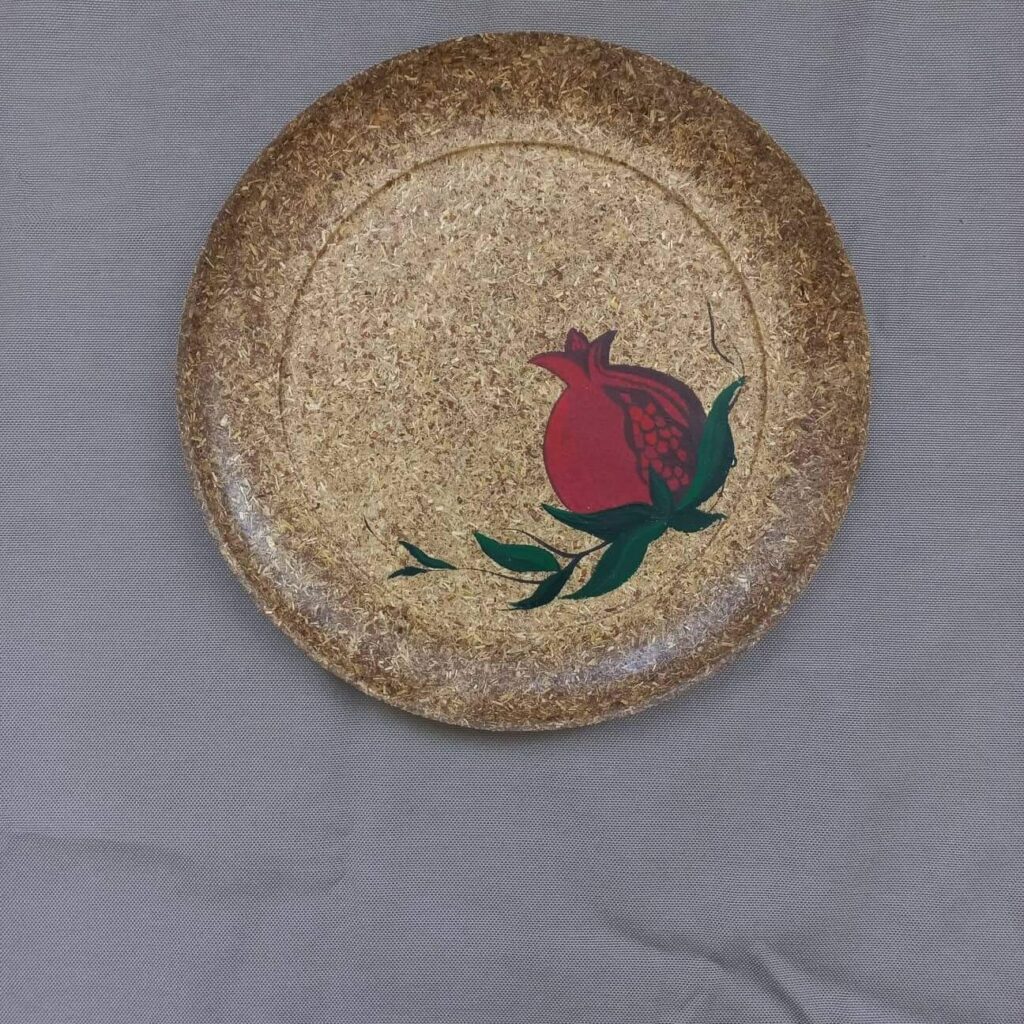
Today, the Tchyughuryan brothers, who have turned their concern of preserving the environment and not harming nature into a business idea, are very proud to state that the GreenDish social enterprise is now a reality, due to the support of the European Union and the Green Lane NGO – as well as their persistent hard work and aspirations.
“We want to set an example,” says Tigran: “Even in a remote village it is possible to dream, to implement ideas that may seem incredible.”
As Tigran sees it, this is still a family business, but one with plans to expand – to produce other goods from the wheat bran and create new jobs in the village.
Author: Tsaghkanush Mirzoyan
MOST READ
SEE ALSO

No, time is not on Russia‘s side
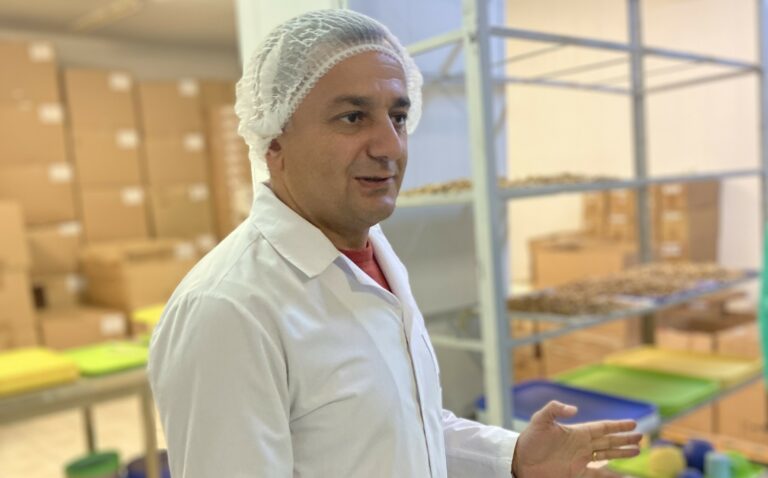
Sweet smell of chocolate
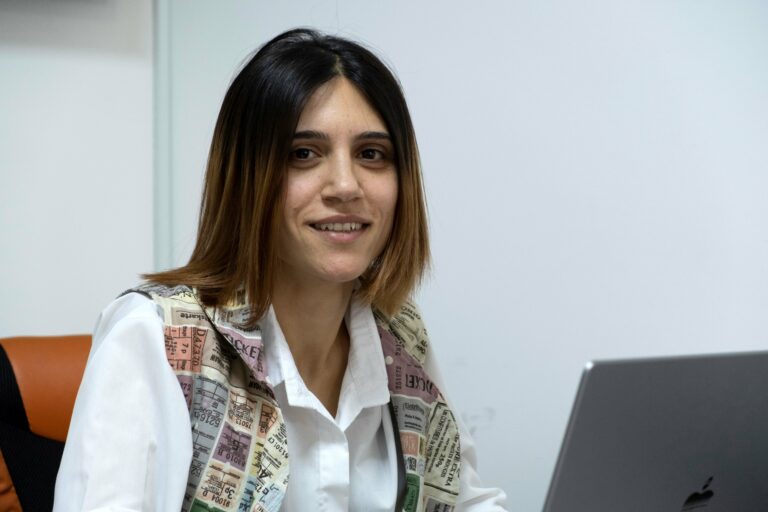
‘Be yourself, and always move forward’: Meri’s advice to young women in business

Be one step ahead of a hacker: check simple cybersecurity tips!
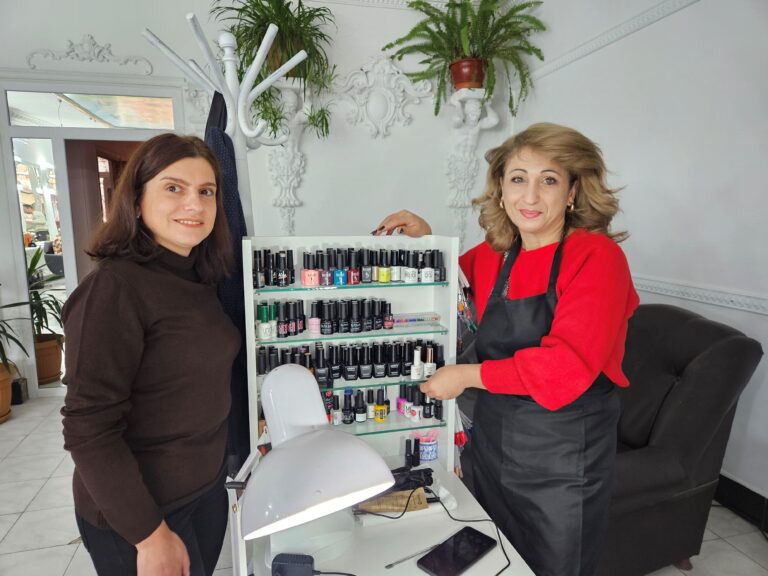
The power of skills: women paving the way to their own business in rural Armenia
More campaign pages:
Interested in the latest news and opportunities?
This website is managed by the EU-funded Regional Communication Programme for the Eastern Neighbourhood ('EU NEIGHBOURS east’), which complements and supports the communication of the Delegations of the European Union in the Eastern partner countries, and works under the guidance of the European Commission’s Directorate-General for Neighbourhood Policy and Enlargement Negotiations, and the European External Action Service. EU NEIGHBOURS east is implemented by a GOPA PACE-led consortium. It is part of the larger Neighbourhood Communication Programme (2020-2024) for the EU's Eastern and Southern Neighbourhood, which also includes 'EU NEIGHBOURS south’ project that runs the EU Neighbours portal.

The information on this site is subject to a Disclaimer and Protection of personal data. © European Union,








